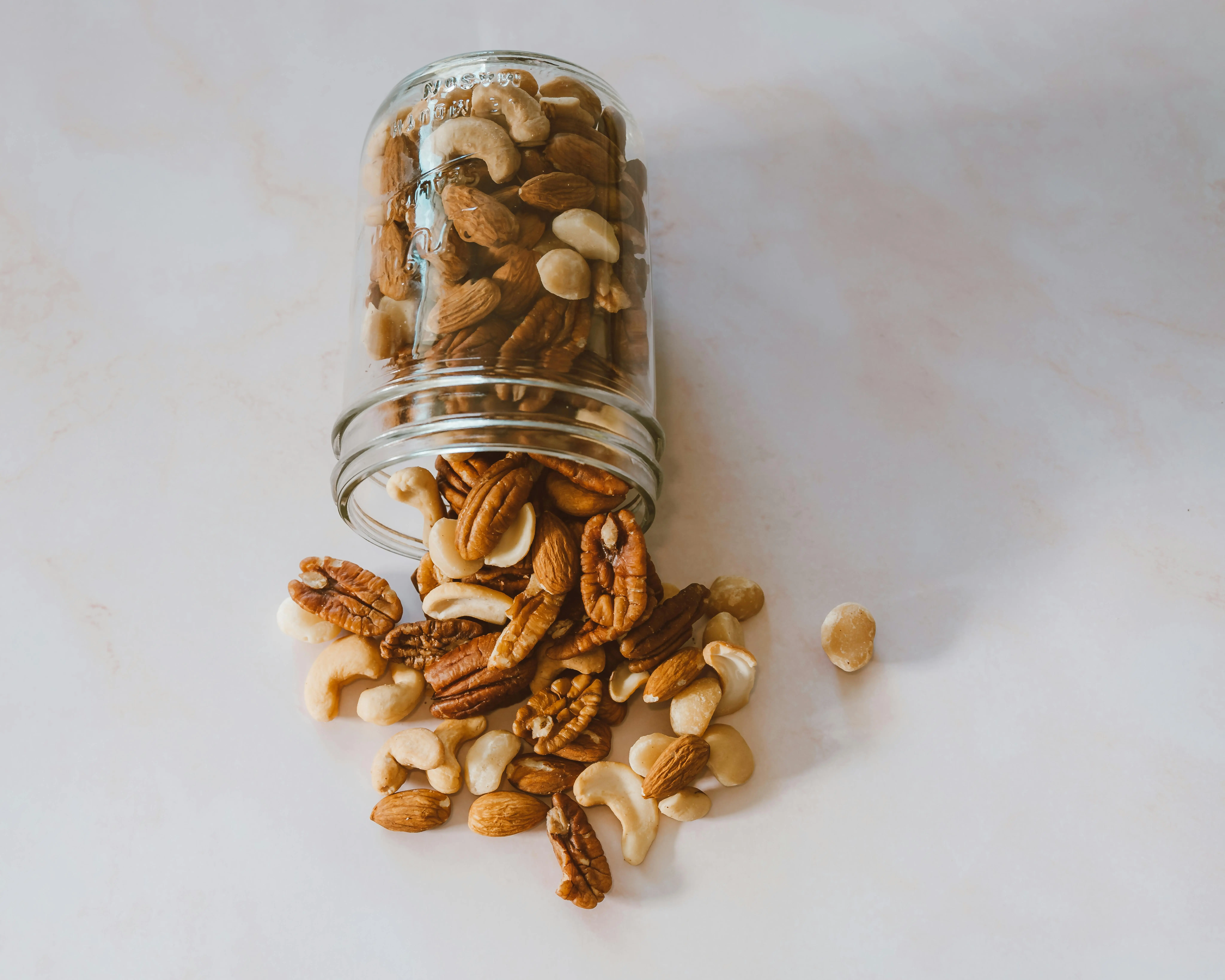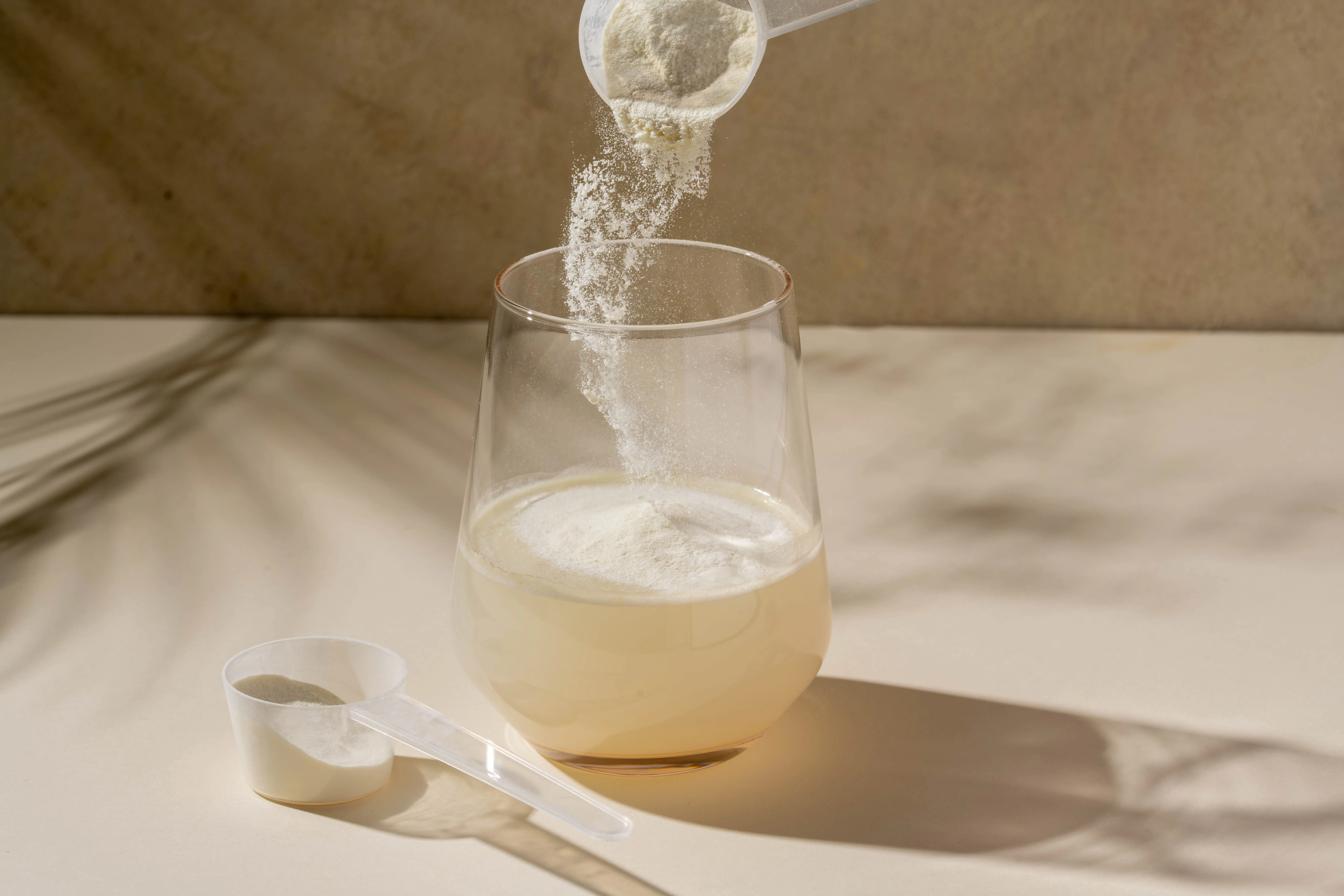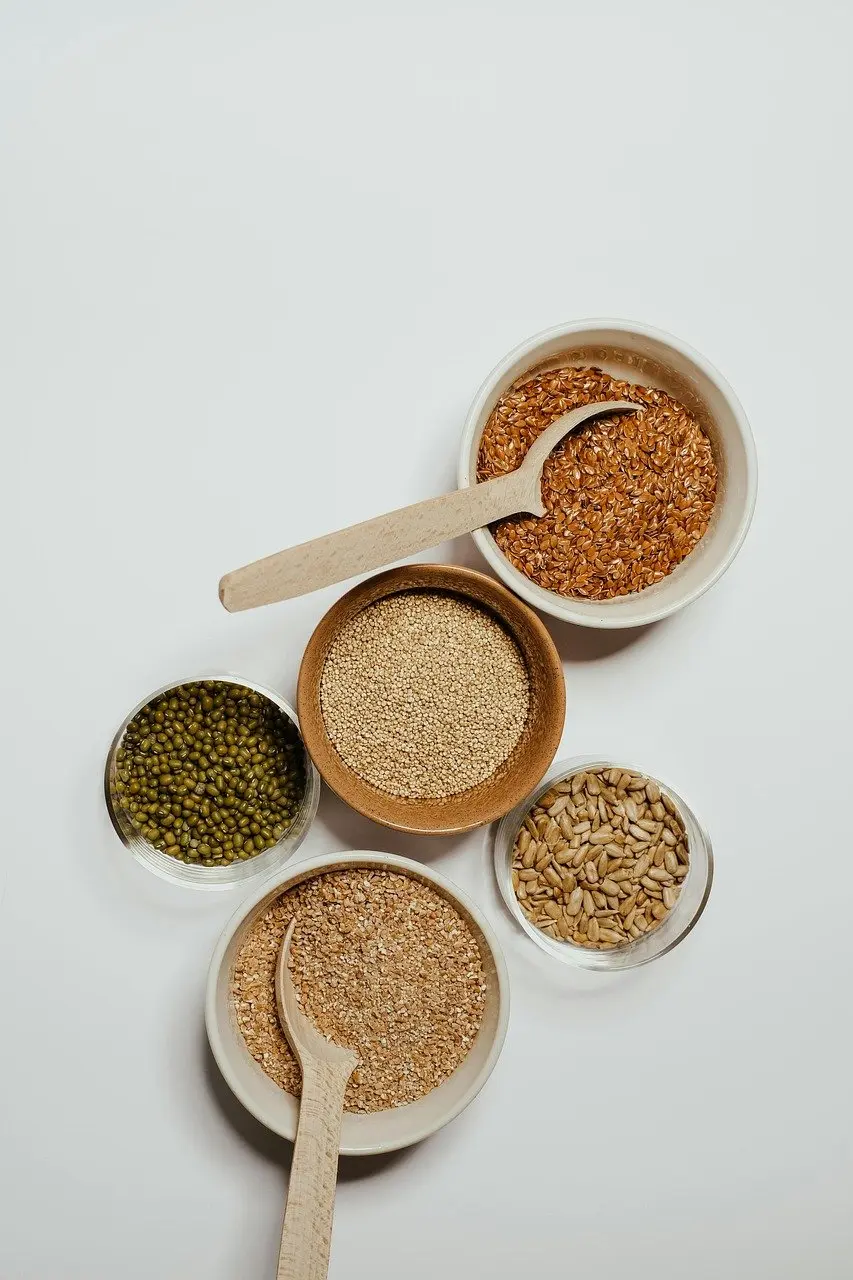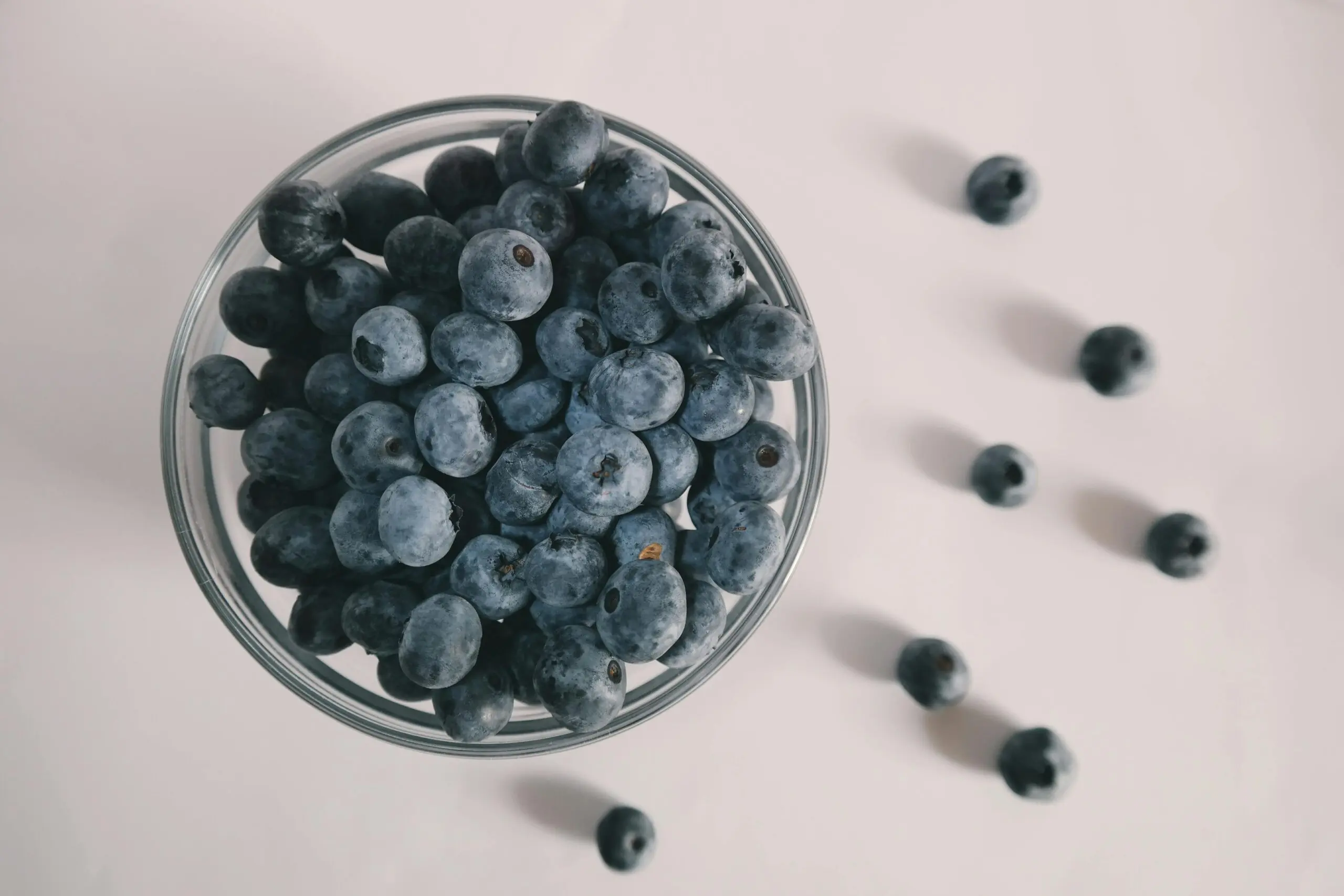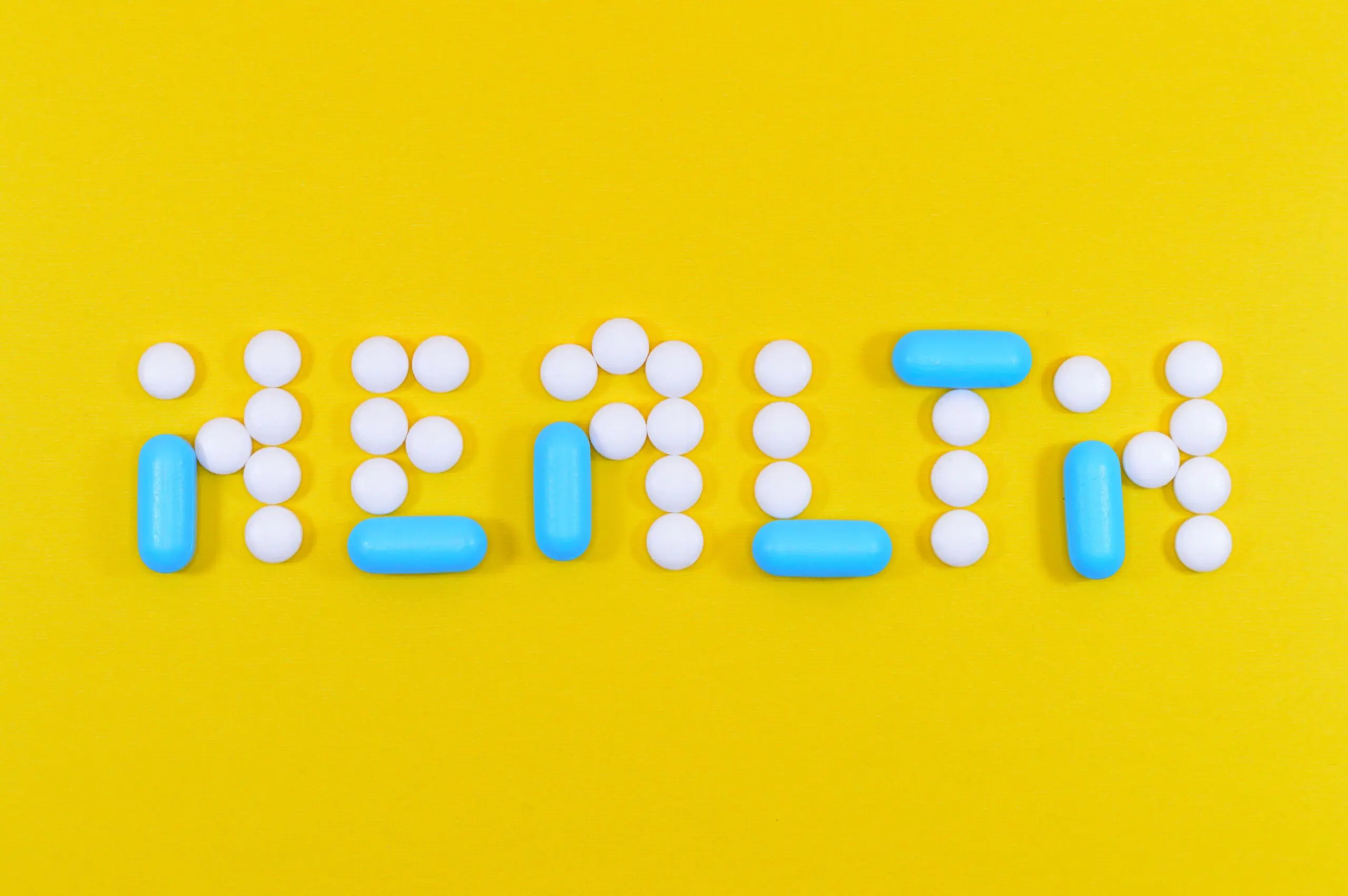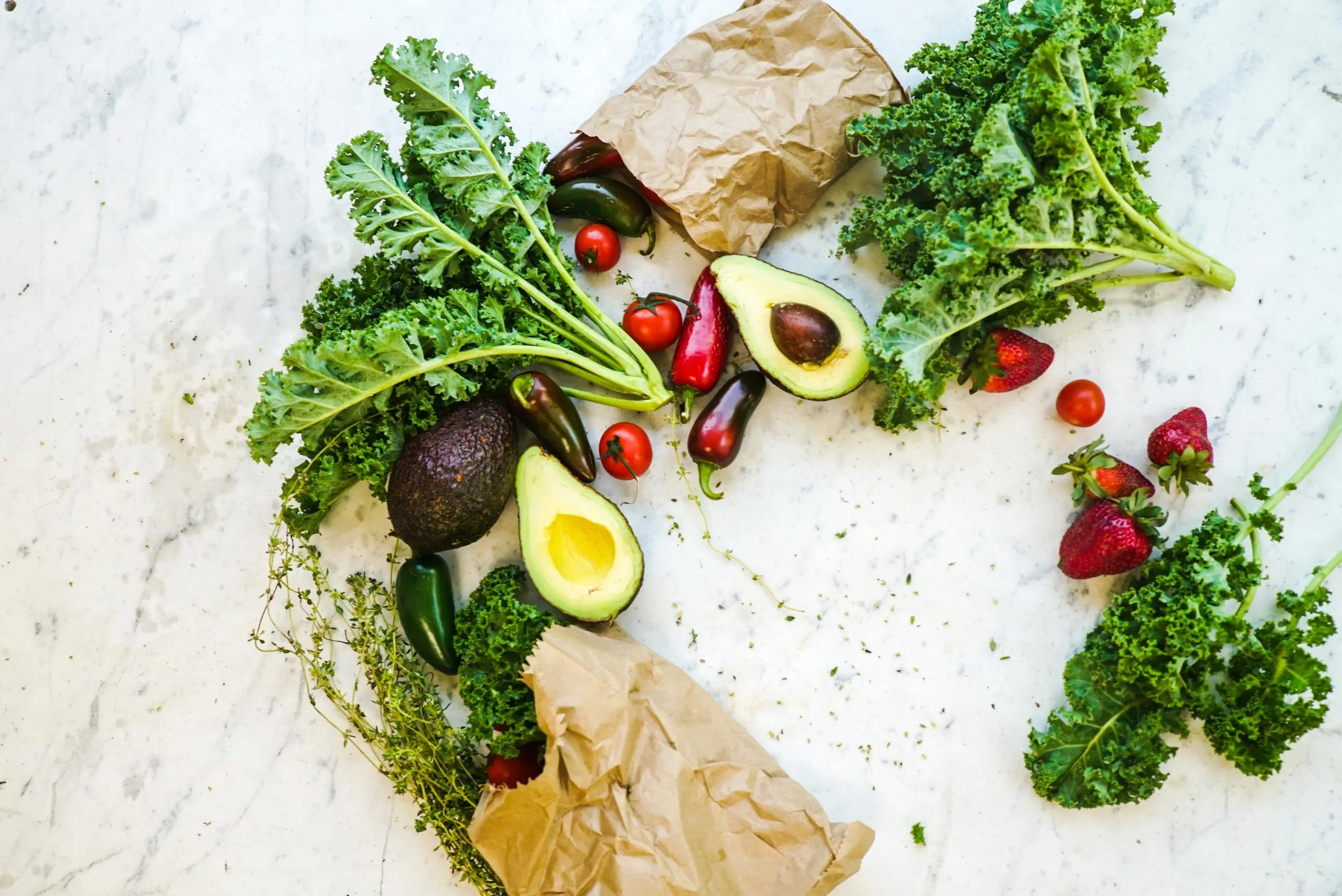How quickly you think and how fit your brain remains can be influenced - among other things by diet. We tell you which four foods will not only make your brain run at full speed but can even rejuvenate it by years.
The MIND diet ( Mediterranean-Dash Diet Intervention for Neurodegenerative Delay) wurde von Experten der Rush University Medical Center und der Harvard Chan School of Public Health in den USA entwickelt. Insbesondere mit folgenden Lebensmitteln soll die Gedächtnisleistung und die Fitness der grauen Zellen erhöht und sogar Demenz vorgebeugt werden:
Brainfood Nummer 1: Grünes Blattgemüse
Mehrere Studien haben gezeigt, dass der Verzehr von grünem Blattgemüse wie Spinat, Mangold, Grünkohl, Pak Choi und Wirsing dazu beitragen kann, das Gedächtnis und die Denkfähigkeit im Alter zu erhalten: Eine Studie mit 960 älteren Erwachsenen ergab, dass diejenigen, die am meisten Blattgemüse aßen, einen langsameren kognitiven Verfall aufwiesen.
Die Teilnehmer, die das empfohlene Brainfood zu sich nahmen, schnitten auch beim Gedächtnis-Check besser ab. Durchschnittlich hatten sie biologisch ein um 7,5 Jahre jüngeres Denkorgan als die Vergleichspersonen ohne MIND-Diät. Es wird vermutet, dass die in Blattgemüse enthaltenen Nährstoffe und Bioaktivstoffe wie Vitamin K , lutein, beta-carotene, nitrate, folic acid, and kaempferol are responsible for this effect.
Read also: How exercise makes the brain fitter and younger
Another study confirmed that people who regularly followed a plant-based diet had lower levels of beta-amyloid, a marker for Alzheimer's . More specifically, those who ate the most green leafy vegetables – seven or more servings a week – had fewer deposits.
Brain food number 2: Nuts
Consuming nuts increases memory performance and improves brain health. A study published in the journal Clinical Nutrition found that daily consumption of nuts increases brain blood flow and promotes new cell growth.
Nuts are generally known as an excellent source of omega-3, minerals, and Vitamins known. They supply the brain with energy and refresh the memory. Walnuts in particular are said to even slow down the aging process. People who suffer from omega-3 deficiencies are exposed to an increased risk of depression and memory loss.
